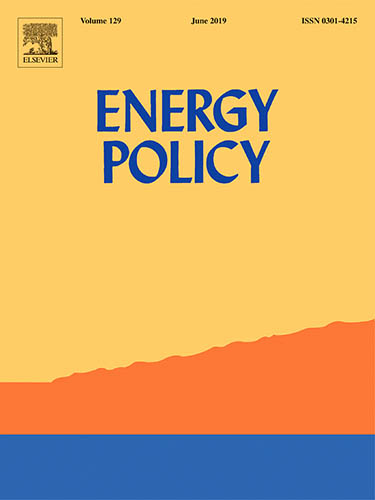Article, Refereed Journal

Carbon capture, utilization and storage (CCUS) represents a set of technologies essential to meeting ambitious mid-to late-century decarbonization goals. Yet deployment of CCUS has been slow, with fewer than 20 large-scale facilities operating worldwide in 2019. We estimate the total and marginal cost of constructing and operating new CCUS facilities and associated infrastructure to reduce carbon dioxide (CO2) emissions from current and planned industrial facilities on the Texas and Louisiana Gulf Coast. We compare these cost estimates to scheduled CCUS tax incentives through 2026 under section 45Q of the U.S. Internal Revenue Code to quantify cost-effective emissions abatement. Our analysis measures the cost-reducing potential of economies of scale in regional CO2 pipeline networks. We also compare CCUS costs to one measure of the benefits of carbon capture, the social cost of carbon. Results suggest that U.S. federal tax incentives currently in place through 2026 could justify between 3.3 million and 77.6 million tons of annual CCUS in the Gulf region, depending on the choice of storage technology and the degree of pipeline network coordination. Finally, we highlight several potential policy barriers that may explain low adoption of CCUS in the Gulf Region and elsewhere.
Research Topic
Energy and Environmental Economics

